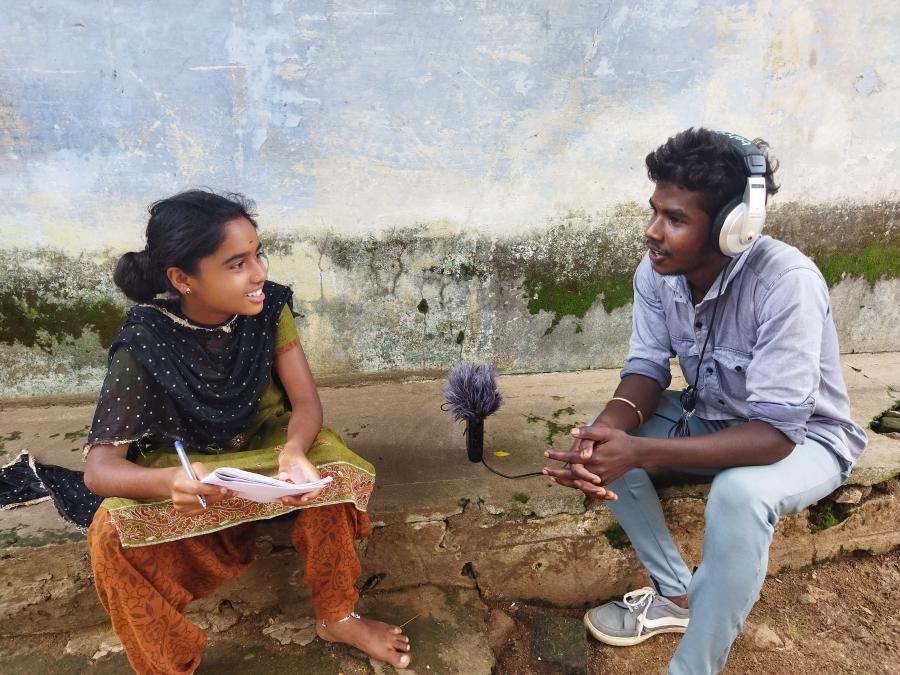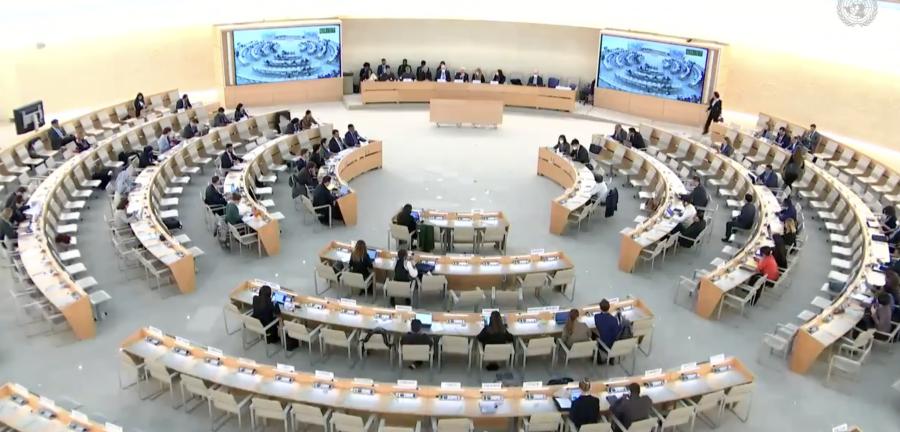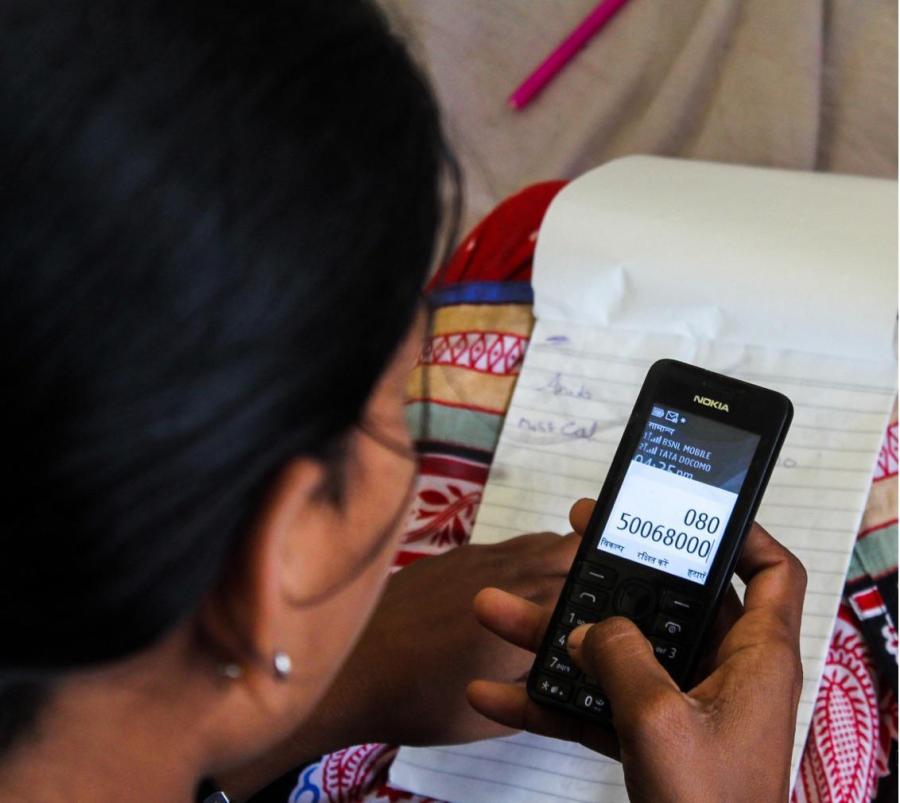In a violent operation last week, over a thousand “tribals”, as some indigenous peoples are called in India, were evicted by Indian security forces from the Muthanga wildlife sanctuary in the southern state of Kerala. Reports vary, but anywhere from two to 20 people were killed during the exercise, and many more, both tribals and policemen, were injured. The action has been widely condemned by international civil society groups and human rights activists.
According to the Indian newspaper The Hindu, the state government of Kerala ordered the forced removal of tribals living in the Muthanga sanctuary, famous for its elephants. As authorities moved in, the tribals resisted and a fight erupted. BBC News has reported that armed officials were called in only after tribals attacked wildlife officials. Conflicting reports are likely due to the fact that media groups have not been allowed into the sanctuary to cover the incident.
According to veteran journalist Kuldip Nayar, the tribals were only trying to reclaim their traditional rights to the forest lands that fall within the sanctuary’s boundaries. They have been living in the forests for ages, depending on its natural products for their many needs. Theirs is not the only such tale in India – the government has in the past year accelerated its efforts to evict forest-dwellers in northern states from their ancestral or adopted homes, under the pretext of environmental protection.
The Muthanga wildlife sanctuary was established in 1973. Since then, the government has declared many Kerala forests as protected land. It is situated in the middle of a 300 square kilometer forest, and forms part of the Nilgiri Biosphere; it is also home to many indigenous tribal groups.
BBC News has reported that before the Muthanga incident, Chief Minister of Kerala, A.K. Antony, asked the Federal Environment and Forests Ministry to allow the tribals to stay in the wildlife sanctuary, but his appeal was rejected. Antony has promised to provide alternative land to the tribals, but concrete steps have not been taken.
Following the violent encounter, Kuldip Nayar spoke with the Chief Minister, who has agreed to look into complaints concerning police brutality against the tribals, but he did not promise a judicial inquiry. Antony blamed the media for its “politicized” coverage of the incident and for publishing false facts concerning the number of dead resulting from the eviction operation.
The Muthanga confrontation between armed police and tribals will not go unnoticed, Kuldip Nayar promised, and it will be brought to the attention of the National Human Rights Commission.



